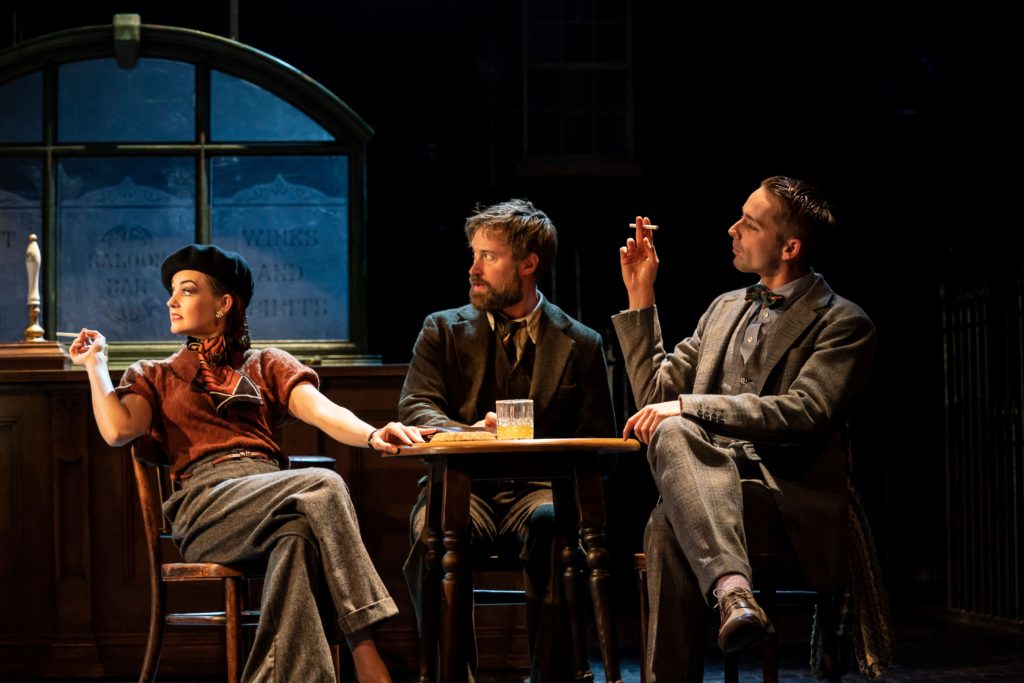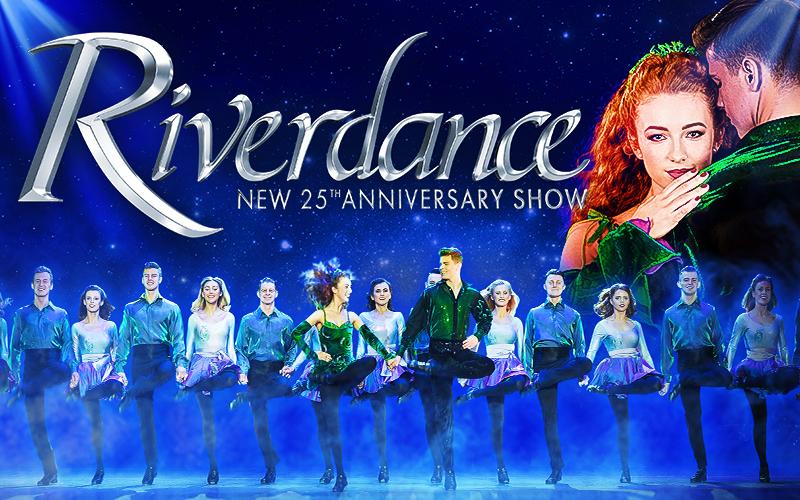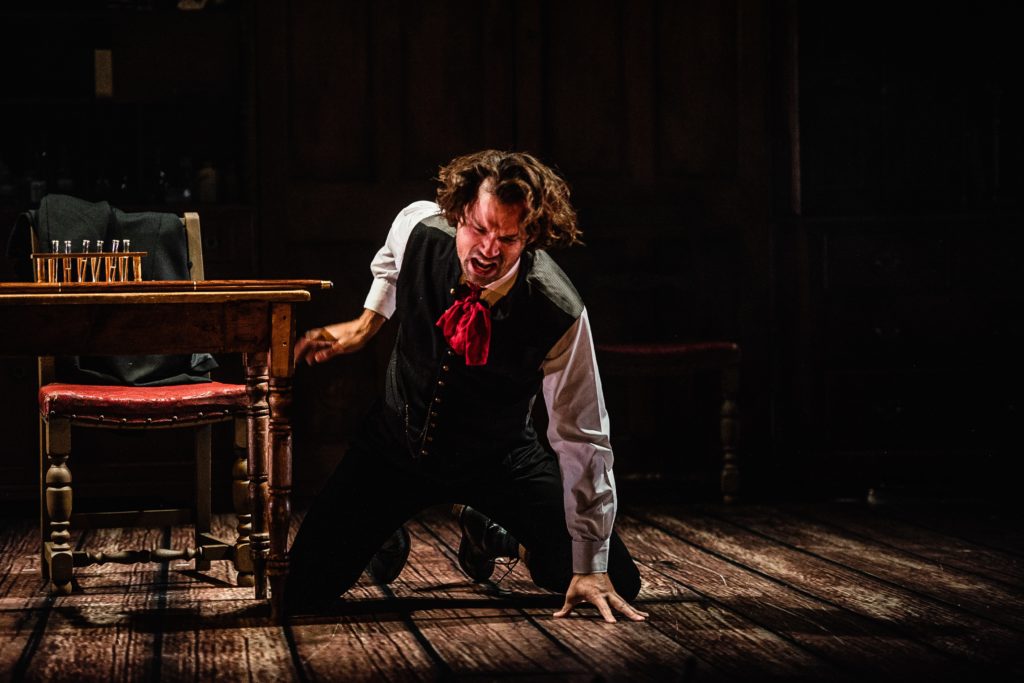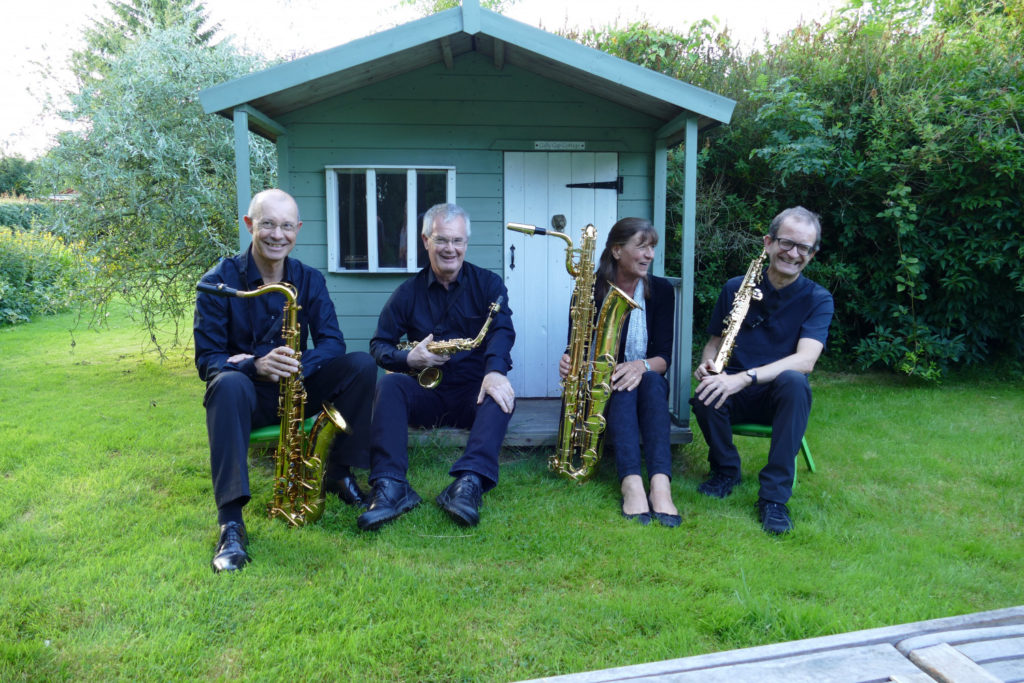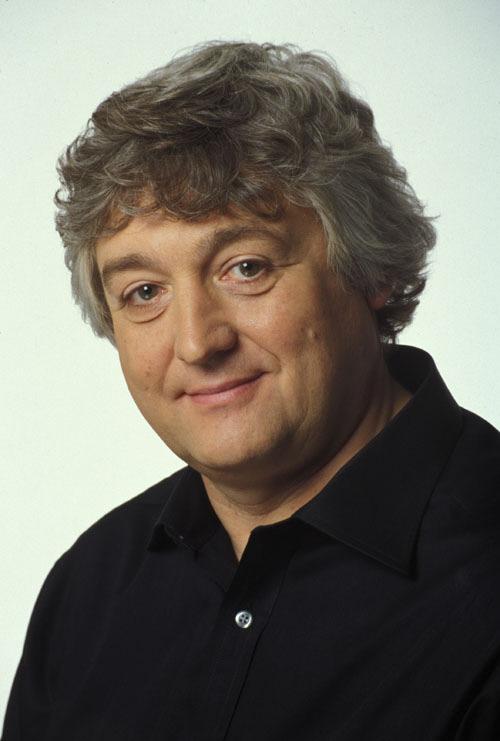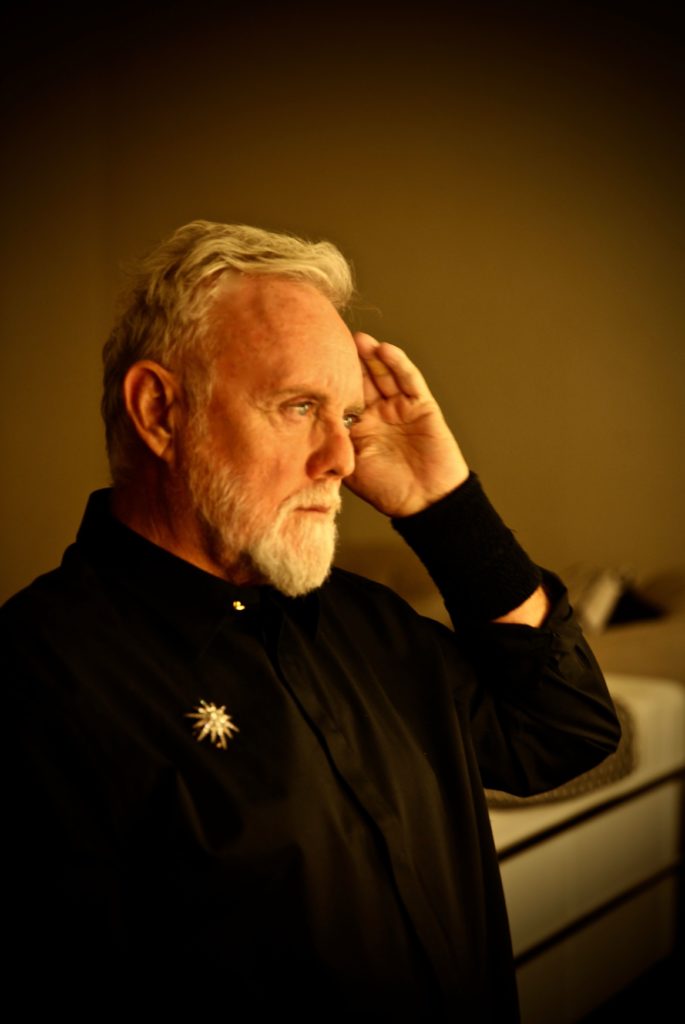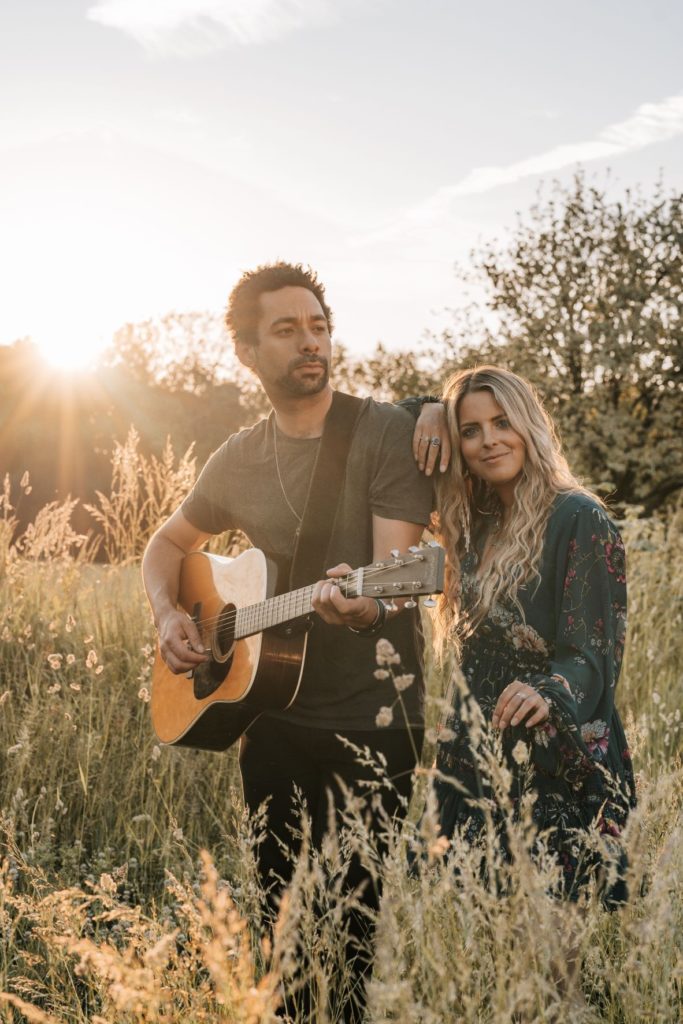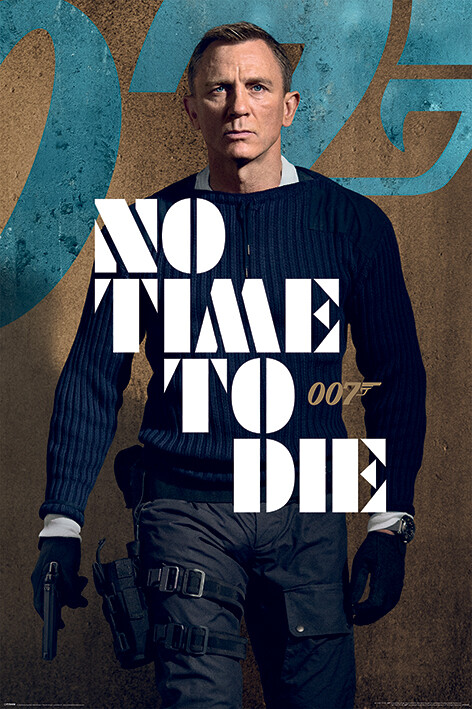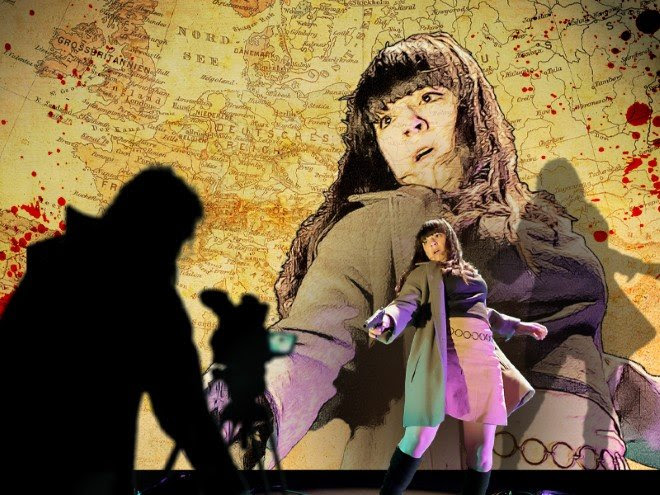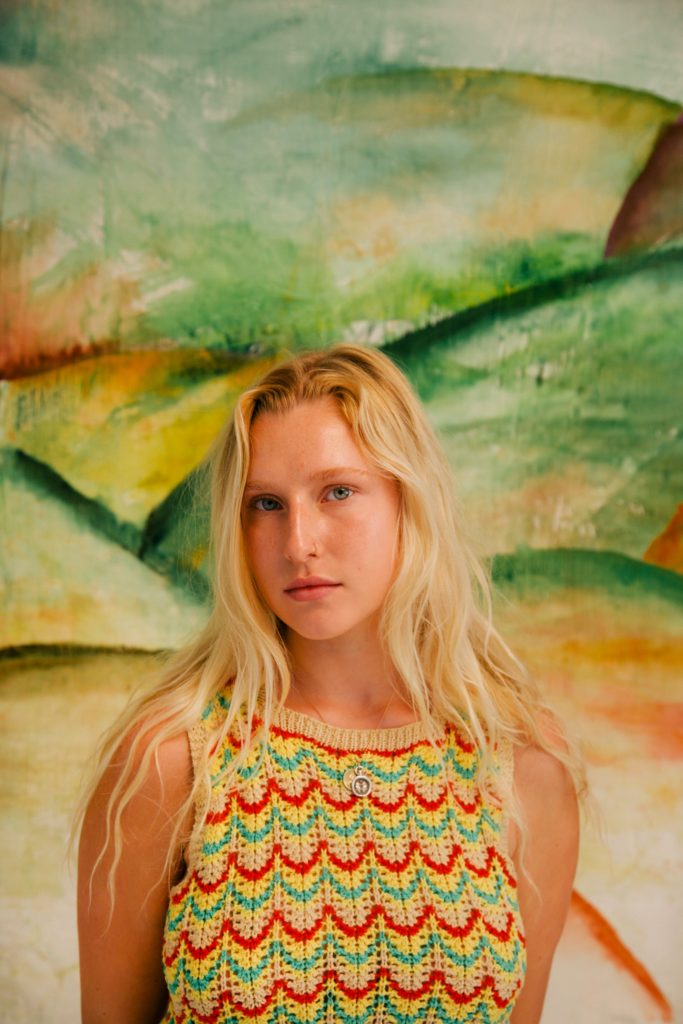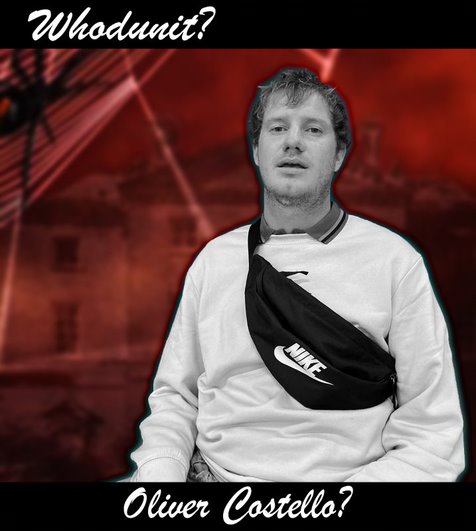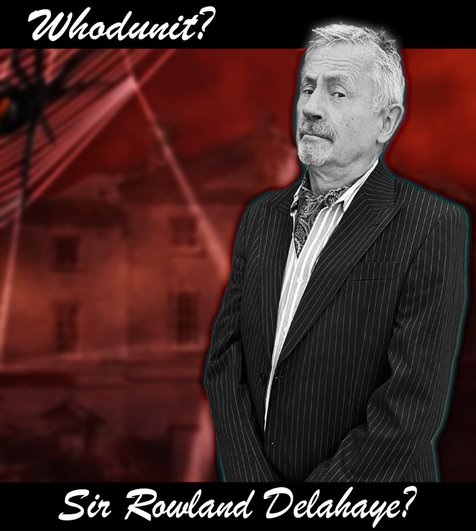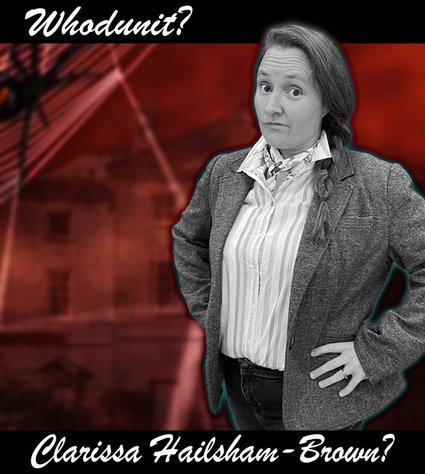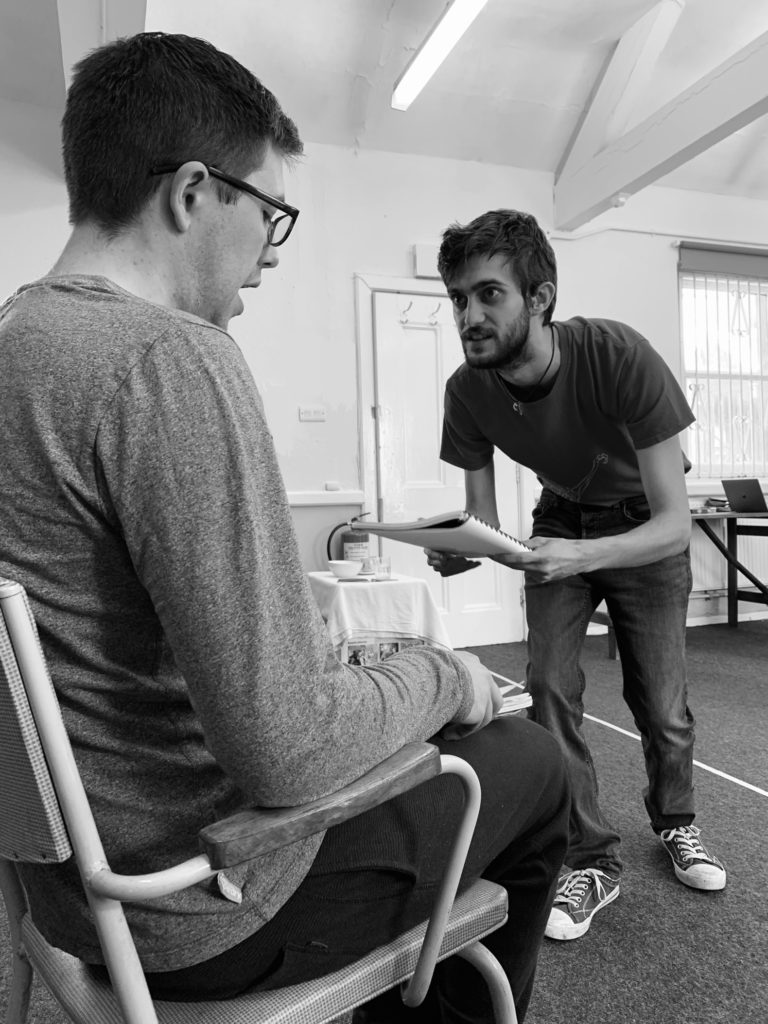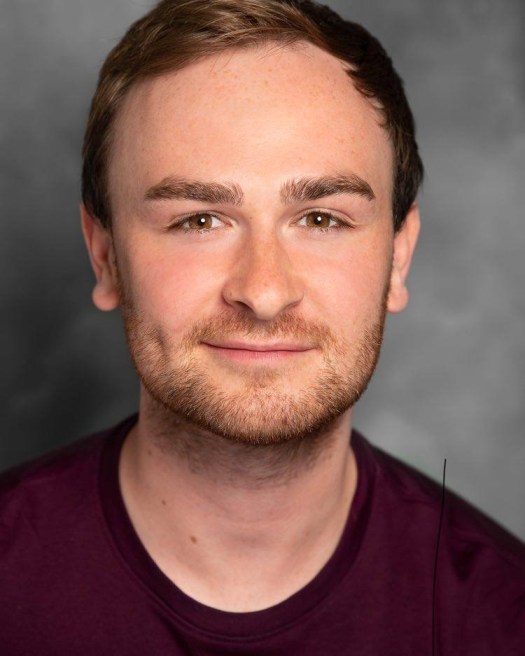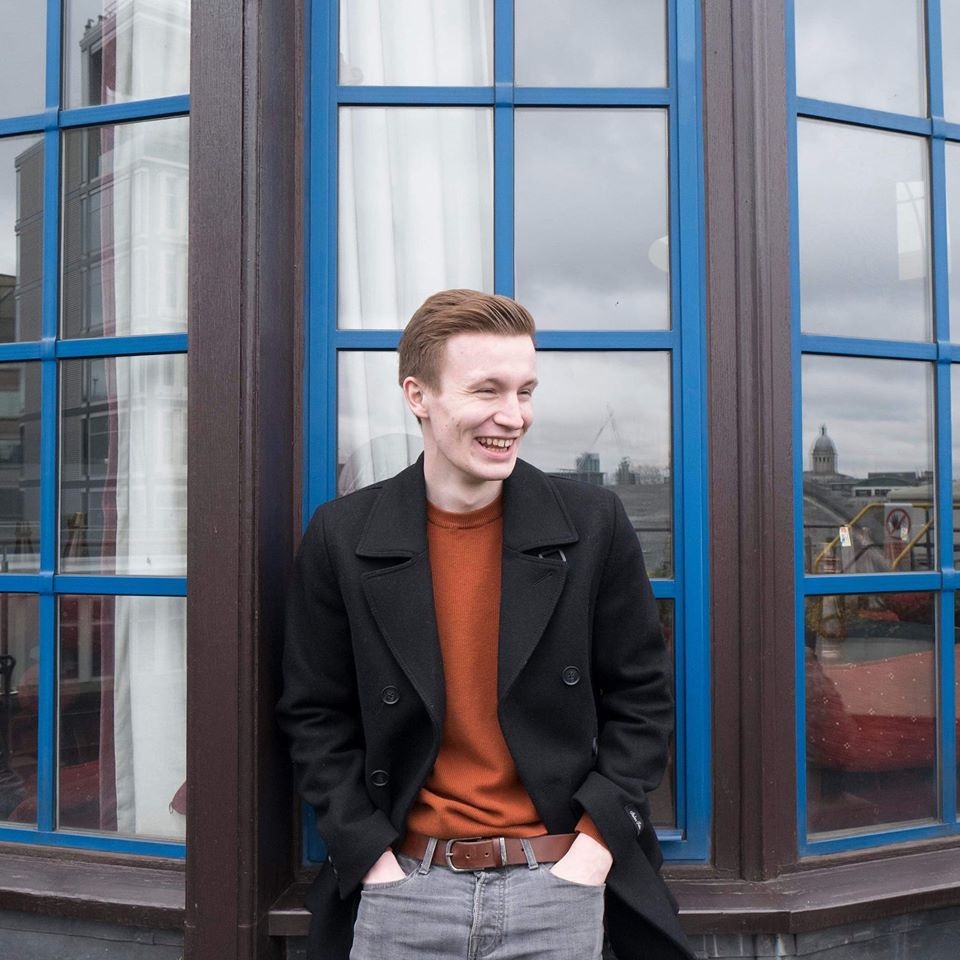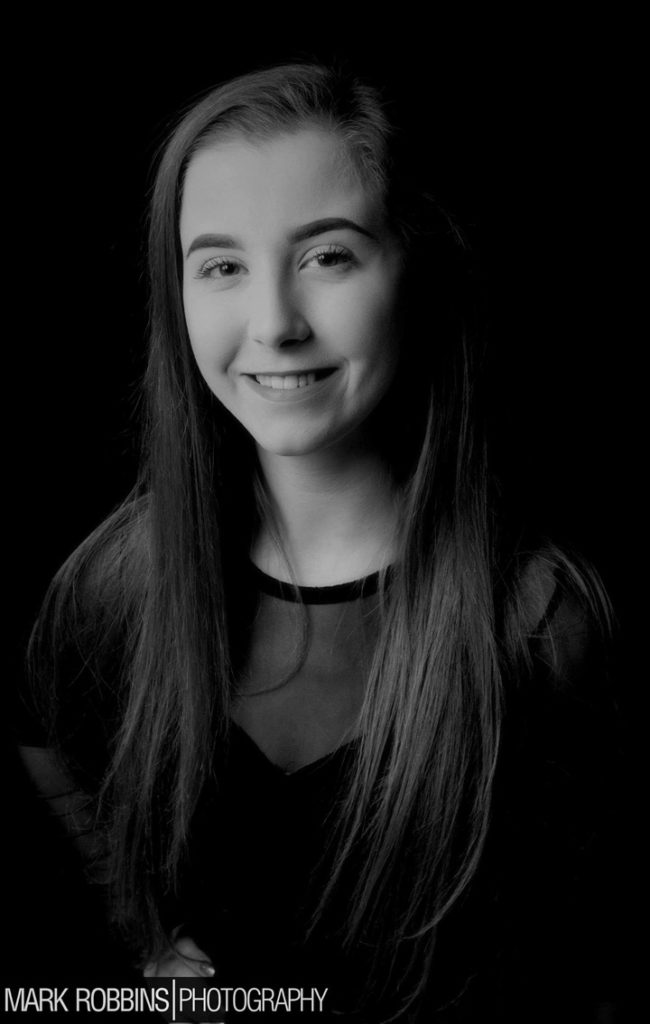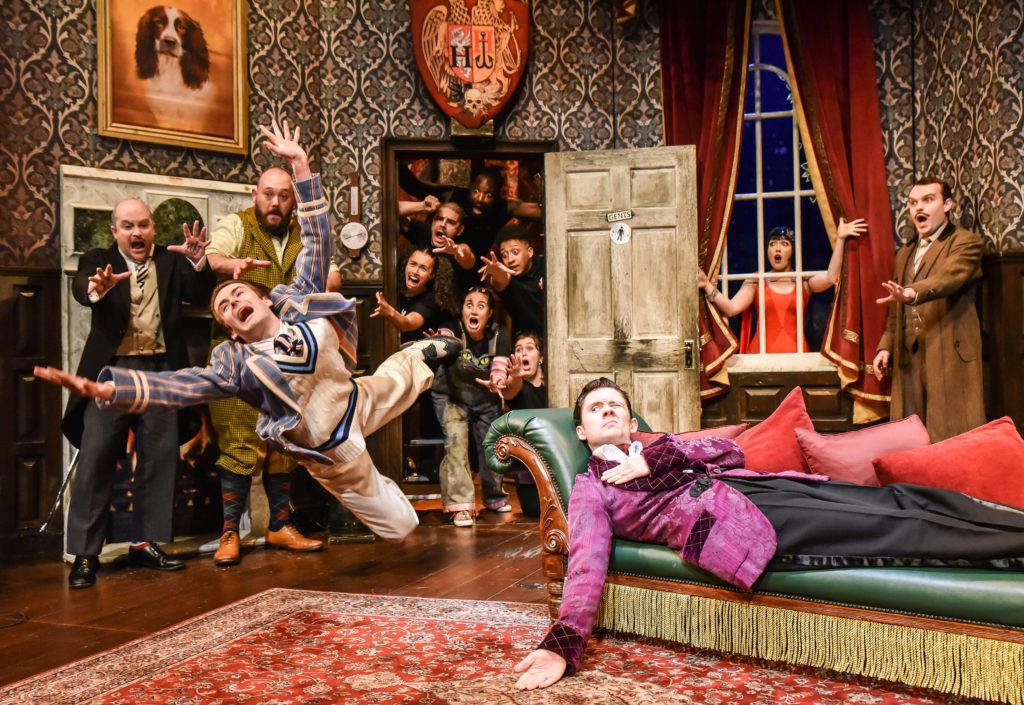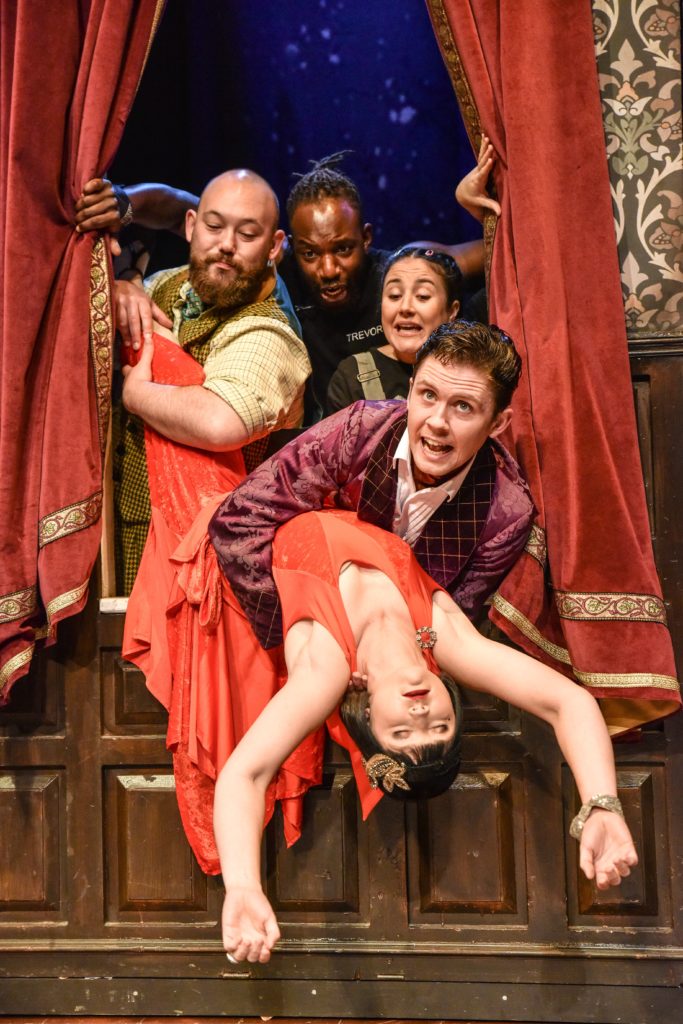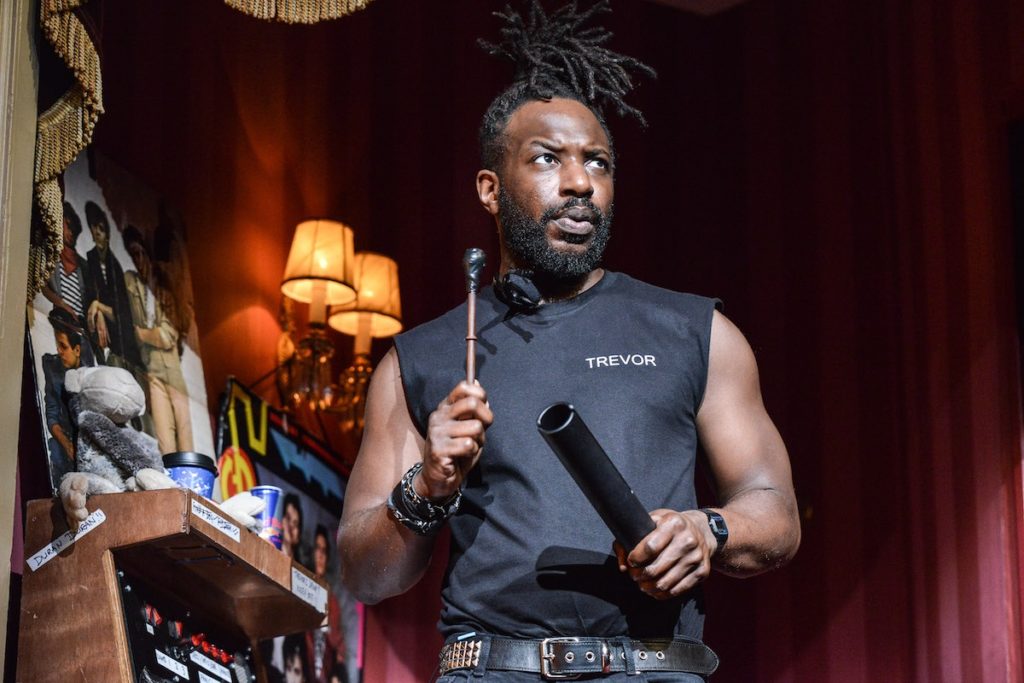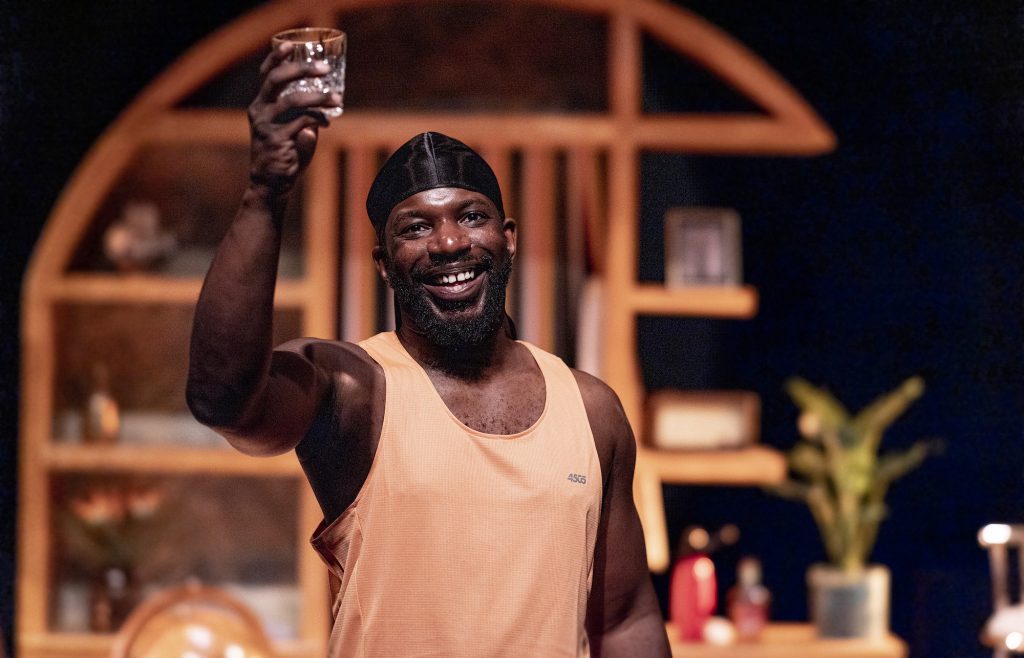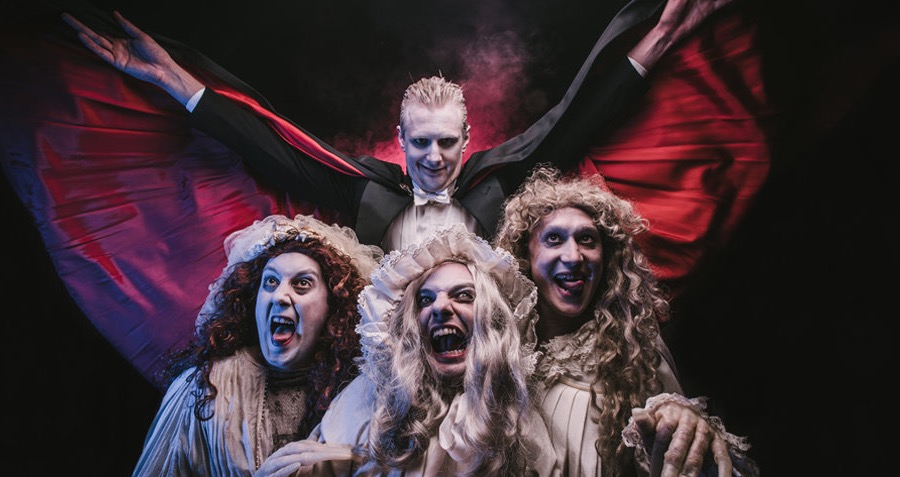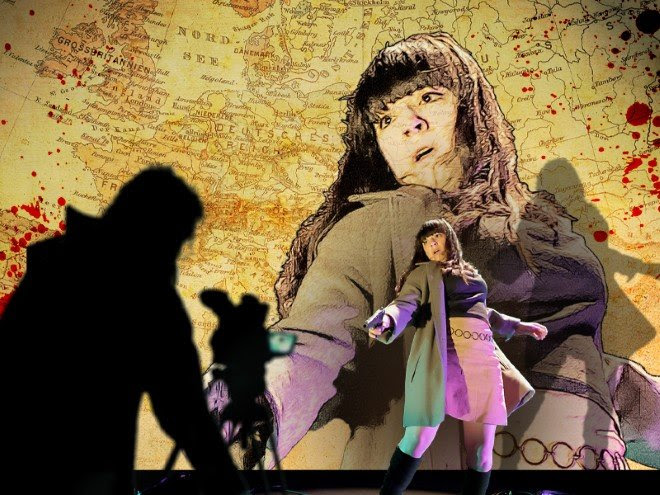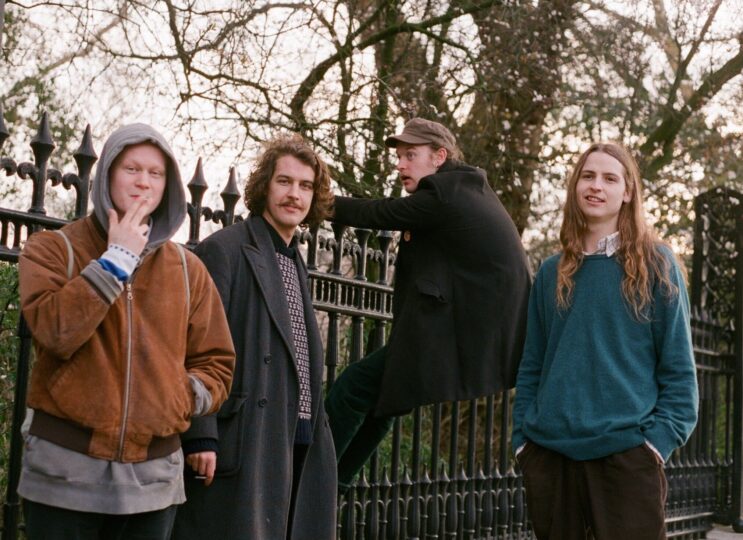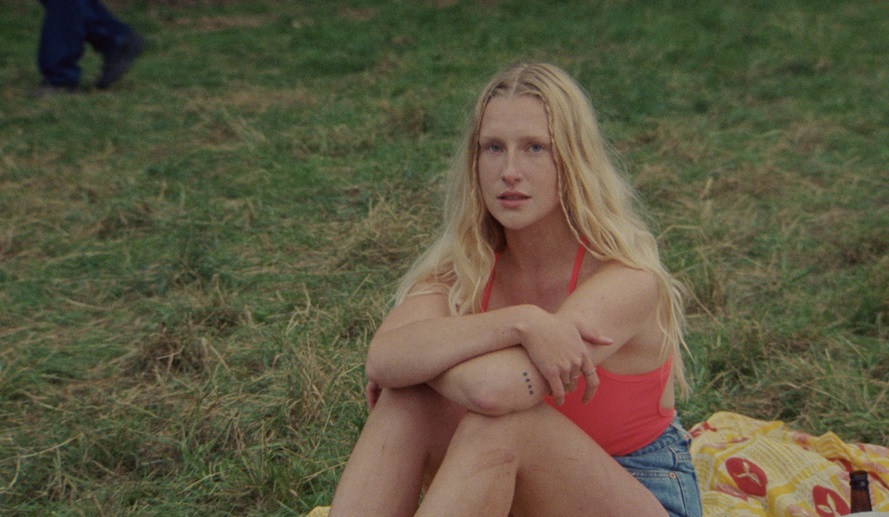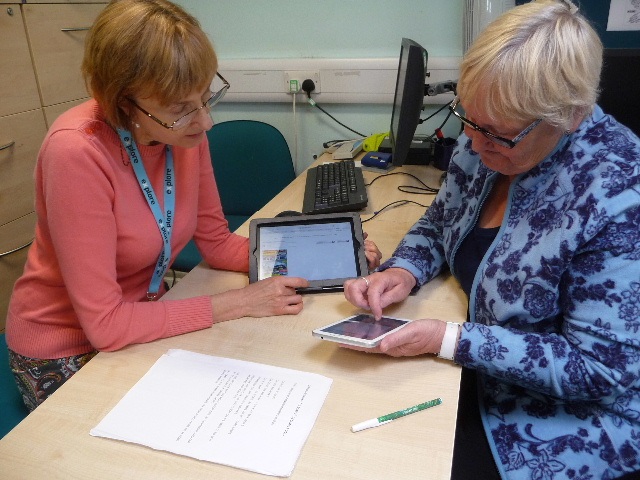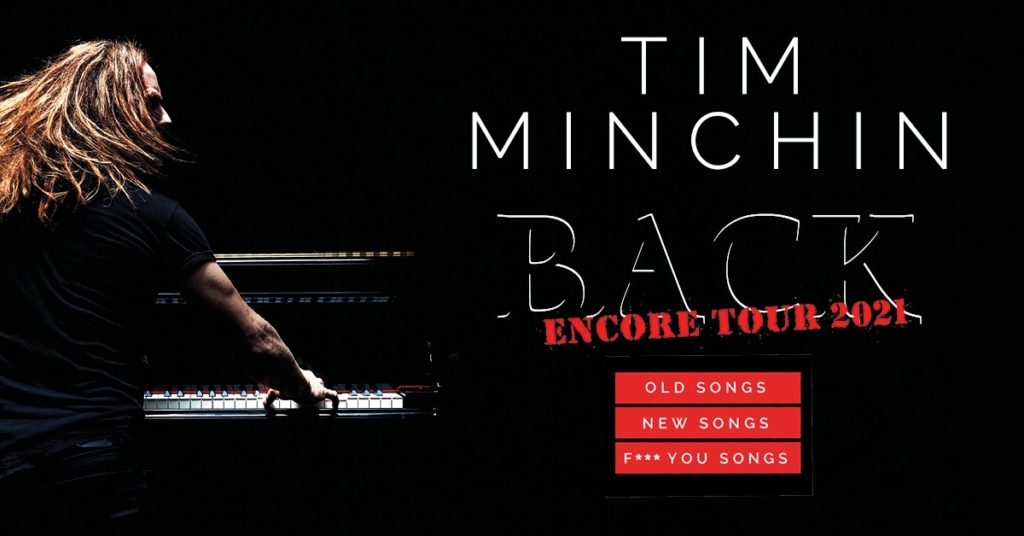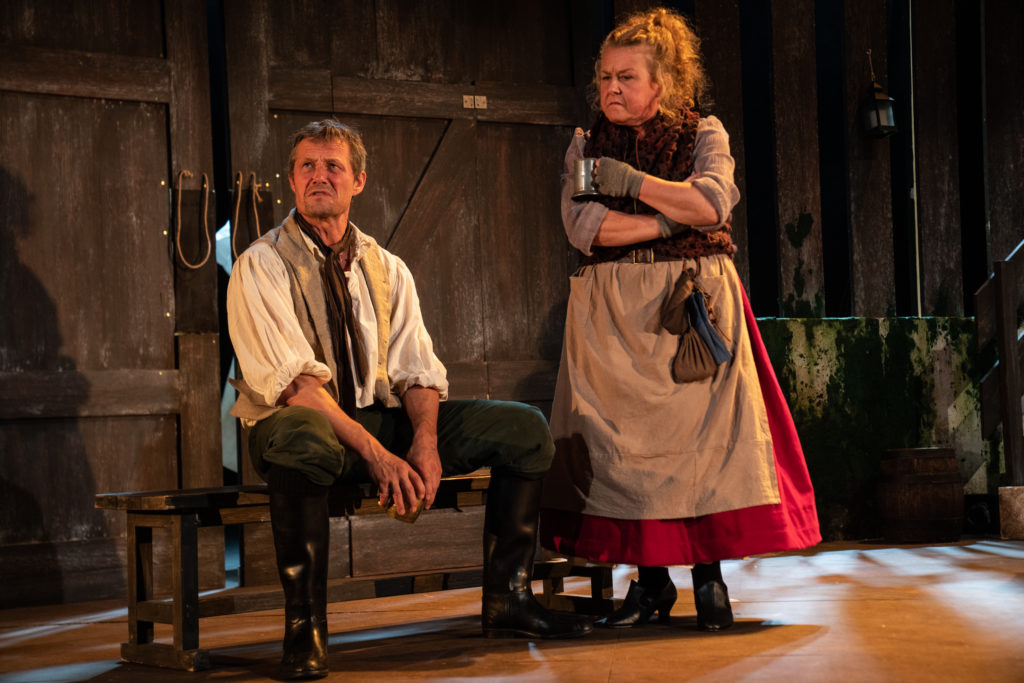
THE Headless Horseman is galloping apace towards York Theatre Royal for the Haunted Season.
Coronation Street alumni Wendi Peters and Bill Ward will lead the cast in Philip Meeks’s stage adaptation of Washington Irving’s The Legend Of Sleepy Hollow, on tour in ever-spooky York from October 5 to 9, replete with illusions by Back To The Future Musical’s Filipe J Carvalho.
In Irving’s infamous story, Hallowmas celebrations are fast approaching, when the residents of Sleepy Hollow spin tall tales of legends and unsightly entities. Who can tell truth from nightmare, however?
Enter Ichabod Crane into an eerie world of secrets and unsettling tradition as he arrives in Sleepy Hollow to become the town teacher. While quickly finding friendship with the town patriarch and his spirited daughter, his presence is not wholly welcome.
Not all is as it seems, for Ichabod Crane harbours his own dark secret. He is not in Sleepy Hollow by chance. When disturbing events overwhelm the small town, he finds himself swept up in a dangerous mystery that leaves him doubting his own sanity.
Director Jake Smith says: “Sleepy Hollowis undoubtedly one of the greatest horror stories ever written and a tour de force to stage. The story has at its heart the power of nomadic storytelling and gathering round the campfire for a good story. It’s an important story for now as we look at conversations around the identity of nations, communities and humankind throughout the world.
“This production has allowed an incredible ensemble of actors to viscerally and inventively bring the Hollow to life. It’s a piece that shines on our actors’ athleticism, which is really exciting as we look to theatre returning. We look forward to transporting the audience through a quest of logic and illusion, creating fear and defying expectation.”
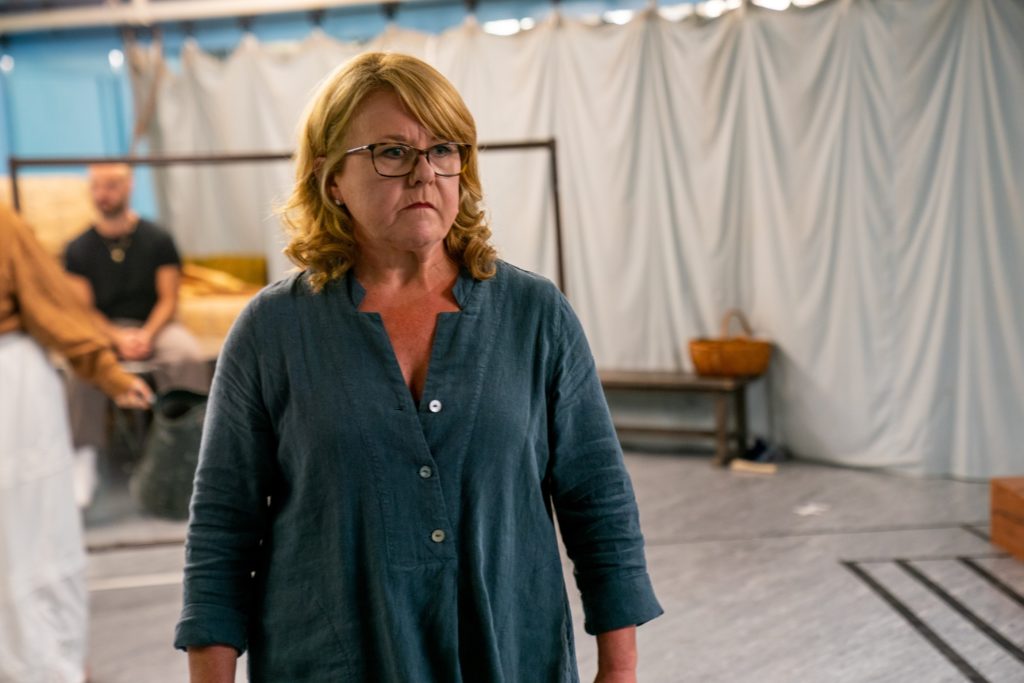
For Philip Meeks, The Legend Of Sleepy Hollow follows the 2017 premiere of Murder Margaret And Me into York Theatre Royal, where earlier his play about the dying embers of a pantomime dame, Twinkle, Little Star, ran in the Studio in April 2008.
“I’m a huge horror fan; the history of Gothic, the history of horror; if I was going to do an MA, it would be on the horror medium,” says Philip, who shares an agent and indeed an imagination with director Jake Smith.
“The agent lives in a caravan in Marsden Grotto, next to Mam’s house in South Shields. There was a project I was working on where it looked like the director was going to drop out and I said, ‘what about Jake doing it?’, as I’d heard good things about him.
“Now, I like to think of us as Peter Cushing and Christopher Lee! He’s got this great visual energy as a director and the work he’s done has all been fantastic.
“We think very much alike and sometimes it’s hard to know who’s the 50-year-old [Meeks] and who’s the 30-year-old [Smith]!”

Smith, who stayed with Meeks when he was holding auditions, has been drawn to horror previously, doing a “sort of Hound Of The Baskervilles before the current plethora of productions of that story”. “He does a lot of writing too, and we have the same sense of humour, laughing a lot even when we shouldn’t,” says Philip.
“As a result, I’ve been in rehearsals a lot, with me as the Richard Osman figure on Pointless, chipping in from the corner.”
What drew Meeks and Smith to The Legend Of Sleepy Hollow? “It’s a piece that’s not really been done a lot before, probably because it’s a short piece , but it’s a story that people turn to in times of existential fear,” says Philip.
“It’s not about blood and gore; it’s about people in society, exploring human nature, thinking, ‘My god, how would I cope?’.
“It came to the fore in the late 1970s/1980s when there was the last horror boom because of the fear of nuclear war and the apocalypse, and in 2021 what we’re afraid of is the breakdown of society. The most popular form now is folk horror, and Washington Irving’s story was the first example of that.
“America was not the home of horror but they certainly explored it there, and Washington Irving really did explore it, writing at a time when narrative fiction was quite new.
“He was a journalist and a factual writer who dabbled in fiction, but he wrote his factual pieces very buoyantly with a great prose style, and that’s why his writing captured the imagination, because it was very accessible.”
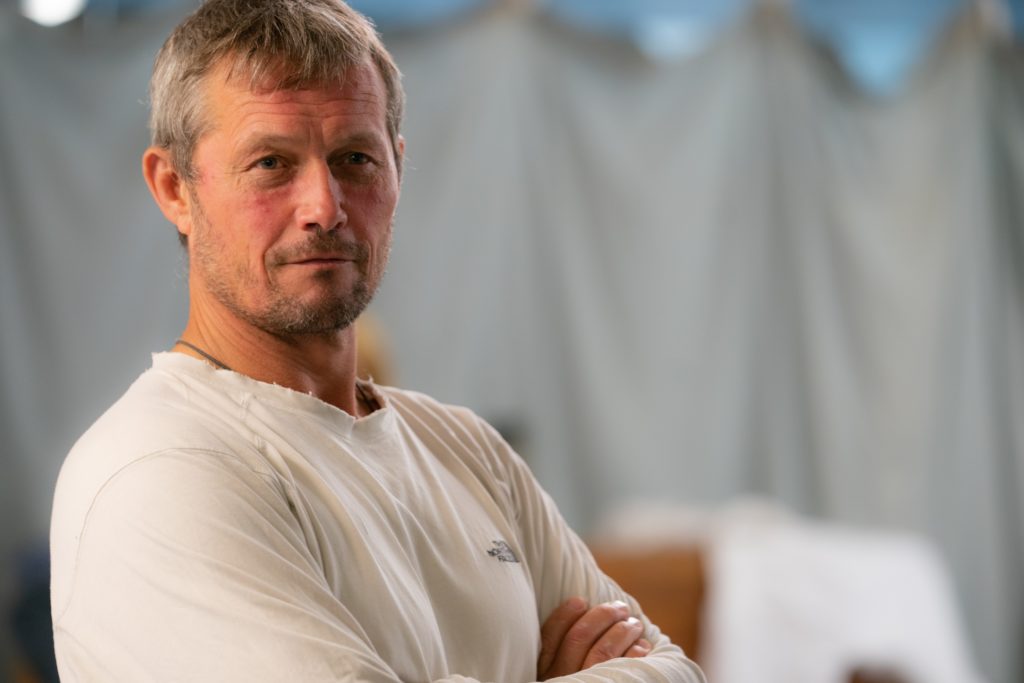
Meeks’s play is a “true act of adaptation, taking these characters and the story into a different medium”. “The legend is told to scare off Ichabod Crane, and we’ve kept that but we’re telling the story with a contemporary twist.
“I wanted to put a heart into it, using the device of a confidante for Ichabod, so I’ve created Mariette, played by Wendi Peters.”
Philip is hugely influenced by Hammer Horror, “even though people think of those films as being schlocky, especially with the Dracula franchise at the end”. “The story I’ve chosen to tell has a lot of elements from Hammer Horror, aside from its themes of corruption or belief or lack of belief.
“Ichabod only believes in science and technology; the rest believe in god knows what. The future is ichabod thinking he is God, so there’s the dawn of scientology.
“But with a monster you must bring an element of heart and humanity to them, like with Frankenstein’s monster.”
The Legend Of Sleepy Hollow runs at York Theatre Royal from October 5 to 9, 7.30pm, plus 2pm, Thursday, and 2.30pm, Saturday. Box office: 01904 623568 or at yorktheatreroyal.co.uk.
Copyright of The Press, York

